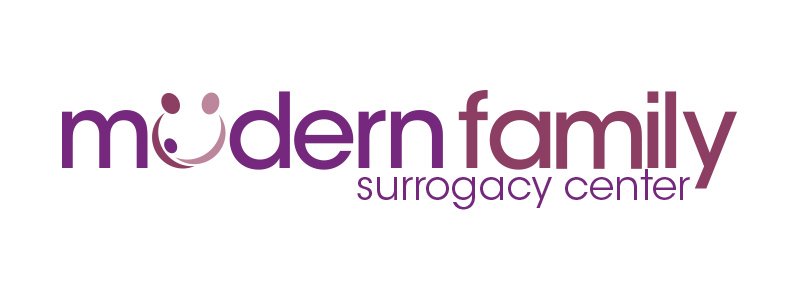Postpartum for Surrogates: What to Expect and Why a Support Plan Matters
Becoming a surrogate is an extraordinary act of love—one that creates families and leaves a lifelong impact. While much of the surrogacy journey focuses on getting to the positive pregnancy test, navigating the trimesters, and preparing for delivery, one phase often gets overlooked: postpartum for surrogates.
The postpartum period is a uniquely emotional time. As a surrogate, you may feel pride, joy, exhaustion, and even grief—all in the same breath. This is entirely normal.
In this article, we’ll explore the emotional and physical side of surrogate recovery, why those feelings matter, and how a surrogacy support plan can help you navigate the postpartum experience with more peace and care.
The Postpartum Journey Is Different for Surrogates
Traditional postpartum recovery usually revolves around bonding with a new baby. But as a surrogate, your experience takes a different path. You've given birth, but you’re not the one bringing the baby home. That doesn’t lessen the significance of what your body and heart have gone through.
Even though you may have emotionally prepared for this outcome, you might still be surprised by the depth of your feelings. Many surrogates say the transition from delivery to life “after baby” feels jarring—even when it’s joyful.
Whether this is your first surrogate pregnancy or not, it’s essential to know that your postpartum experience as a surrogate mother is valid, real, and deserving of care.
Common Postpartum Emotions for Surrogates
Postpartum for surrogates can come with a rollercoaster of emotions, and they often don’t follow a linear path. Here are a few common feelings you might experience:
Joy and fulfillment – You’ve changed someone’s life in the most profound way.
Sadness or a sense of emptiness – Your body nurtured a life, and now that space feels quiet.
Pride and empowerment – You did something amazing and’ll always carry that strength.
Anxiety or uncertainty – Wondering what your relationship with the intended parents will look like post-birth.
Fatigue and physical exhaustion – All the emotions in the world can’t erase the physical toll of giving birth.
None of these are wrong or “too much.” Your emotional recovery after surrogacy deserves the same attention and respect as your physical recovery.
Why Every Surrogate Needs a Postpartum Support Plan
One of the most empowering things you can do during your third trimester is create a surrogacy support plan for postpartum. Just like your birth plan, this helps set expectations and makes sure your needs won’t be forgotten once the baby arrives.
Your postpartum support plan might include:
1. Emotional Support After Surrogacy
Set up appointments with a therapist or counselor familiar with postpartum or third-party reproduction.
Join online or local support groups for surrogate mothers.
Use journaling to help process complex feelings.
2. Physical Recovery After Surrogacy
Arrange for rest and recovery time—your body needs to heal.
Plan ahead for meals, childcare (if needed), and light household help.
Keep up with OB/GYN follow-up visits and be honest about your feelings.
3. Post-Birth Relationship with the Intended Parents
Have an open conversation about what kind of contact you’d like after delivery—photos, updates, visits, etc.
Understand that your preferences might shift after the baby is born, and that’s okay.
4. Lean on Your Circle
Let your friends and family know what you need. Sometimes that’s a check-in text. Other times, it might be a night off from cooking or someone to just listen without judgment.
Watch for Signs You May Need More Support
While the emotional shifts after birth are common, certain symptoms may point to postpartum depression or anxiety. Reach out for help if you experience:
Prolonged sadness or crying spells
Trouble sleeping or eating, even when baby-related responsibilities are gone
Feeling disconnected from yourself or others
Thoughts of hopelessness or self-harm
You are not alone, and there’s no shame in seeking support.
Give Yourself Grace: You Did Something Incredible
Postpartum for surrogate mothers is a deeply personal and powerful transition. There is no “right way” to feel after delivery. What matters most is acknowledging your feelings, allowing yourself time to heal, and reaching out for support when needed.
You’ve done something extraordinary. Now it’s time to care for yourself with that same compassion.
Whether you want to stay connected to the intended family, return to “normal” life quickly, or just take a breath and reflect, your experience is valid. Your emotions matter. And most of all, you deserve the same love and support that you gave throughout your surrogacy journey.



